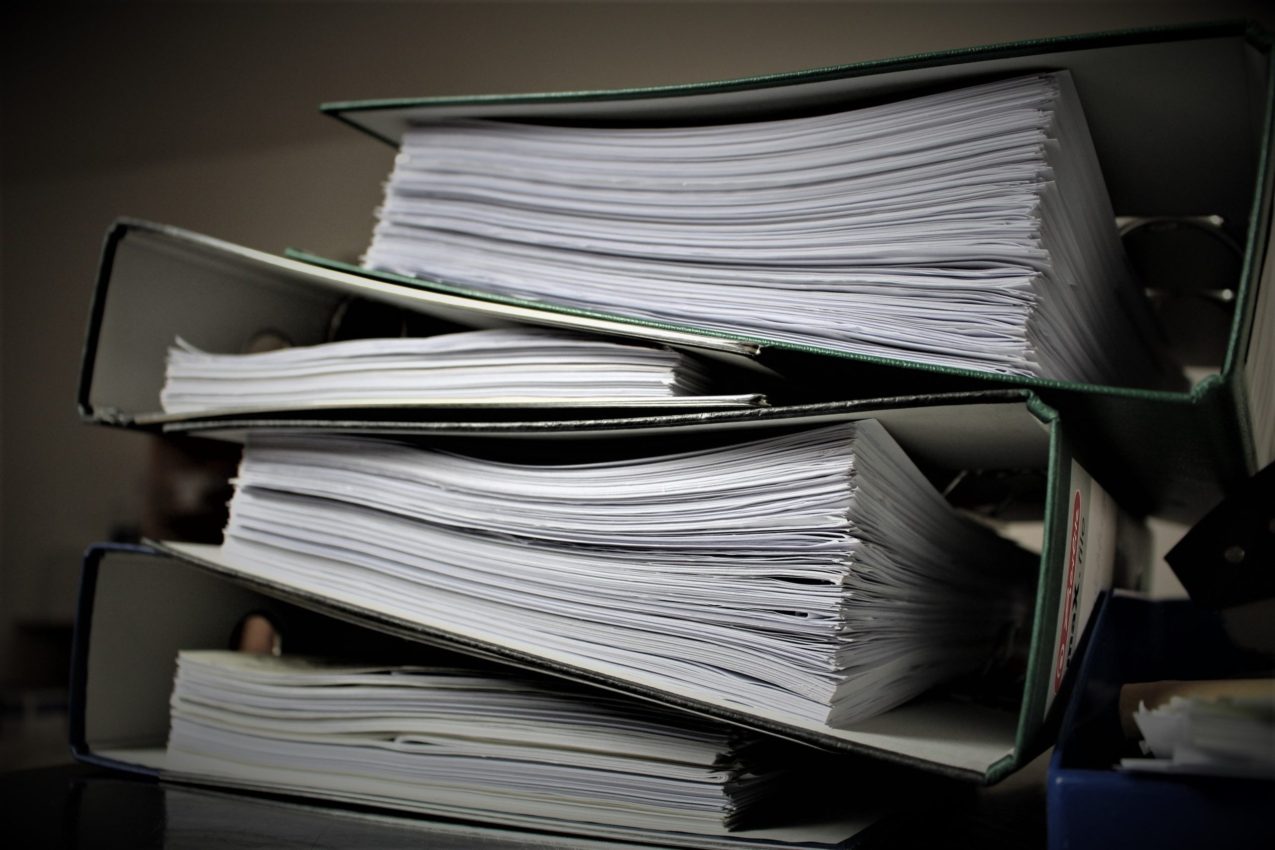Essential Paperwork Guide for Renting Property

renting a property can be both an exciting and daunting experience. Whether you're a first-time renter or moving into a new place, understanding the essential paperwork involved is crucial for a smooth transition. This guide will walk you through the important documents you need to know, ensuring you are well-prepared for the rental process.
Tenancy Agreement

The cornerstone of any rental agreement is the Tenancy Agreement. This legal document outlines:
- Parties Involved: Names of tenant and landlord or their agent
- Property Details: Address, description of the property, and any included items
- Tenancy Period: Duration of the lease, typically ranging from short-term (6 months) to long-term (yearly)
- Terms and Conditions: Rules regarding maintenance, renovations, pets, guests, subletting, etc.
- Financial Obligations: Rent amount, payment due dates, deposit details, utility costs, and penalties for late payments
- Rights and Responsibilities: Outline what both tenant and landlord are legally obligated to do
- Termination Conditions: How and when a tenant or landlord can end the tenancy
Before signing, read through the agreement carefully. If there are clauses you don’t understand or agree with, seek legal advice or negotiate with the landlord or agent.
Inventory List

When moving into a rental property, an inventory list is invaluable. This document records:
- The condition of each room
- Any existing damages or wear-and-tear
- List of fixtures, fittings, and furniture if provided
It’s wise to:
- Take photographs or videos as evidence
- Ensure all parties sign the list to prevent disputes when vacating
This inventory will serve as a reference point when you move out, to show the property was returned in the same condition or to discuss any necessary repairs with your landlord.
Proof of Income

Landlords or their agents might request proof of income to verify you can meet the financial commitment of the rental. Common documents include:
- Pay slips from the last three months
- Bank statements showing regular income
- A letter from your employer stating your income and stability of employment
If you’re self-employed or have variable income, provide:
- Tax returns for the previous year
- Business accounts or profit and loss statements
Credit Check Permission

Many landlords or property managers will conduct a credit check to assess your financial reliability. You’ll need to:
- Authorize them to access your credit report
- Understand that any issues might need explanation or additional security deposit
References

Having a good references list can significantly influence a landlord’s decision. References should include:
- Previous landlords or letting agents
- Current or previous employers
- Personal references, though these are less common
They provide insights into your rental history, reliability, and behavior as a tenant.
Deposit Protection Scheme Certificate

In many countries, landlords must protect tenants’ deposits with a Deposit Protection Scheme. You should:
- Receive a certificate proving your deposit is protected
- Be informed of the scheme provider, deposit amount, and terms of release
Safety Certificates

Ensure your rental property complies with health and safety standards by checking for:
- Electrical Safety Certificate
- Gas Safety Certificate (if applicable)
- Energy Performance Certificate (EPC)
These certificates not only ensure your safety but are legally required before you occupy the property.
Additional Documents

Depending on local regulations, you might encounter:
- Landlord Contact Information: Emergency contact details for the landlord or agent
- Rules and Regulations: Specific to the building or community
- Pet Agreement: If you have pets, this outlines pet policies
- House Rules: Co-living arrangements often have house-specific rules
Completing your rental journey with all the necessary paperwork in place sets the stage for a trouble-free tenancy. Remember, each document plays a pivotal role in defining your rights and responsibilities. Here are some points to keep in mind:
📝 Note: Always ensure you receive copies of all signed documents for your records.
With these documents in hand, you're not just renting a space; you're securing your peace of mind, knowing that you're legally protected. Keep in mind, that proper documentation ensures:
- Transparency: All parties know exactly what to expect
- Legal Protection: Both tenants and landlords have legal recourse in case of disputes
- Trust: Fosters a trusting relationship between tenant and landlord
To conclude, having the right paperwork when renting a property is as crucial as finding the perfect place to live. The documentation not only establishes a legal framework but also lays down the foundation for a harmonious landlord-tenant relationship. Whether it's the tenancy agreement detailing your rental terms or the inventory list recording the property's condition, every piece of paper matters. By understanding these documents, you're not only safeguarding your interests but also contributing to an atmosphere of mutual respect and compliance with the law.
What should I do if I find damages not listed on the inventory?

+
Immediately notify your landlord or property manager. Document the damage with photographs or videos and request it be added to the inventory list to avoid future disputes.
Can my landlord increase my rent during my tenancy?

+
Typically, rent increases are only permissible at the end of a fixed-term tenancy or as per local laws which might allow annual increases. Check your tenancy agreement for specifics.
Is it necessary to have renter’s insurance?

+
While not always required by law, renter’s insurance is highly recommended. It protects your personal property and covers you for liability in case of accidents or damage caused by you to the property.



